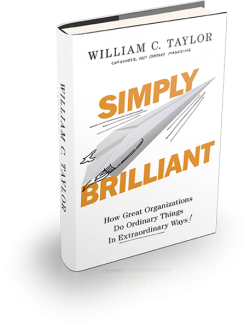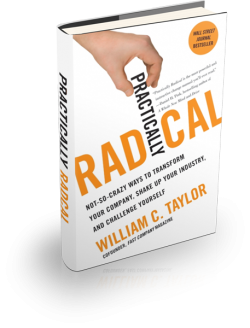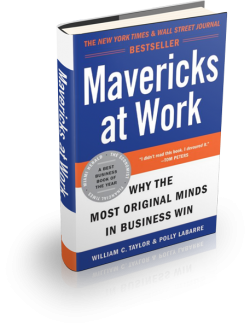It’s hard not to be surprised by what you read in the newspapers these days, but a recent report in the New York Times left me downright floored. Richard X. Bove, a high-profile securities analyst who focuses on bank stocks, wrote a commentary that excoriated Wells Fargo for its lousy service—so much so that he announced he had moved his business to a competitor bank. But that same commentary praised Wells Fargo as a company and upgraded its stock to a buy.
Bove’s basic argument? Lousy service can be good business. “I’m struck by the fact that the service is so bad, and yet the company is so good,” he told the Times, which devoted an entire article to his conclusion. “Whatever it is that drives people to do business with a given bank, in my mind, now has to be rethought.”
Fair enough, let’s rethink. There are, I would submit, a few situations where bad service and good business go hand-in-hand. The first is when companies are explicit with customers that service is not part of what they’re signing up for—in fact, that what the company offers requires a rough-and-tumble relationship with customers. There’s a second category of companies for whom lousy service may be good business—companies whose offerings are so compelling, and whose reach is so vast, that making the investments required to deliver high-tough service would be making a big strategic mistake
But what strikes me about the situation that Richard Bove describes is that Wells Fargo (or any big bank, for that matter) does not conform to either of these two categories. When your company offers products that are pretty much indistinguishable from what your rivals offer, the only way to stand out from the crowd is to stand for something special. What do you offer than no one else offers? What do you deliver that no one else in your industry can deliver? Those are the questions that most companies have to be able to answer—and so few ever do.
Over the long term, companies that aspire to be great at selling must first be great at service—to give customers, who have a vast array of decent products and prices from which to choose, a reason to come back and do more and feel good about the experience.
Here’s my full take on the question of when bad service is good business, over at HBR.


